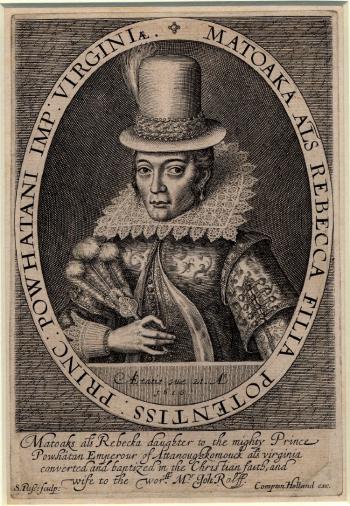Monday’s Oval Office ceremony honoring Navajo World War II veterans produced a racially divisive sound bite, when President Trump referred to Senator Elizabeth Warren as “Pocahontas.” Notably, Trump made his remark in front of a prominently displayed portrait of Andrew Jackson, the American president who signed the Indian Removal Act.
The White House event was organized as a tribute to three Navajo Code Talkers who were recruited by the United States military during World War II to write coded messages conveying top-secret information.
In the past, Senator Warren has come under scrutiny for identifying as Native American and a minority during her tenure as a professor at Harvard Law School. Trump began referring to her as “Pocahontas” while on the campaign trail in the summer of 2016 and has done so a number of times since then. One such instance was at a May 2017 National Rifle Association event. In response to this instance, the National Congress of American Indians issued a statement calling the term an “insult” to Native communities and cultures.
President Trump’s word choice at the ceremony offers a compelling point of academic inquiry for students. Use the following questions as a launchpad for discussing the controversy in class.
- Who was Pocahontas? (Go beyond the Disney movie.) What is her significance in the history of the United States? Amber Kanazbah Crotty, a delegate to the Navajo Nation Council, referred to using Pocahontas’ name in this context as a “racial slur” that dismisses the “tangible and egregious impact pejoratives have on indigenous people.” Why do you think she feels this way? Do you agree or disagree with her assessment, and why?
- How did the culture and language of Navajo Code Talkers help the United States’ military tactics? Explore the juxtaposition between the respect shown for Navajo Code Talkers and the larger treatment of the Navajo people.
- Andrew Jackson was an American president who is well known for his policies regarding indigenous peoples. What specific policies did he enact, and how did they impact Native nations?
- The term “Jacksonian” is often used to describe something that is reminiscent of President Jackson. After researching President Jackson and his policies, how would you define “Jacksonian”?
- The combination of Navajo veterans, Pocahontas and Andrew Jackson during President Trump’s speech created a multi-faceted controversy. What historical evidence provides context for the different organizations and groups that were angered by yesterday’s event?
Some students will find this topic more sensitive than others. Use our guide Let’s Talk! to prepare yourself and your students for conversations about race and identity.

